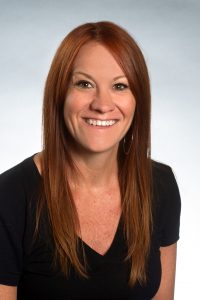
Jill Chonody, assistant professor in Boise State University’s School of Social Work partnered with Barbra Teater, associate professor in The College of Staten Island’s School of Social Work, to write and publish a textbook on, “Social Work Practice With Older Adults.” The book produced by the two professors will be released on December 15 in hopes to better promote the social work needs seen in older adults who are actively aging.
The book helps represent individuals who are actively aging in a new way: to promote self-determination, autonomy, and respect for older adults while combining social work values with the World Health Organization’s (WHO) Active Aging Policy. Active aging, as described by WHO, is “the process of optimizing opportunities for health, participation and security in order to enhance quality of life as people age.” Chonody and Teater believe social work must create a better conceptualization of the process of aging and bring about new ideas and social factors such as active aging.
“Actively aging considers the interplay between individuals’ experiences; their meanings of aging; and their social, economic, political and cultural environment and structures,” said Chonody. We purposefully chose the word “actively” to highlight that individuals do not need to engage in activities or be physically, socially, or politically engaged, but, rather, individuals are actively choosing the extent to which they’re participating in decisions about their life.”
“Our book adds a novel way to think about aging from a progressive position that encompasses social work principles. While we, of course, acknowledge the physical changes that may accompany aging, we also reinforce that self-determination, resilience, and adaptation are just as important in the experience of aging,” said Chonody.
The two authors found even more reason behind the publication of this book due to the lack of textbooks that provide a holistic model by focusing on the lived environment for working with such individuals. Not only do Chonody and Teater find it important to focus on health and social factors, but also to consider the environmental factors that come with actively aging such as community integration, walkability and environmental justice. In multiple chapters of the book they also dive into the ways in which social services promote active aging within the population of other countries.
To learn more about the book, visit Sage Publishing.